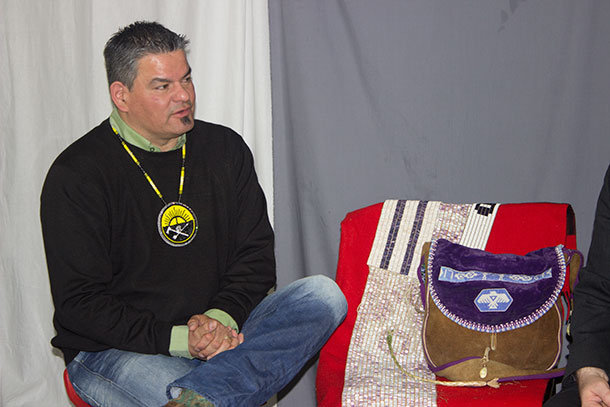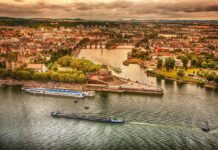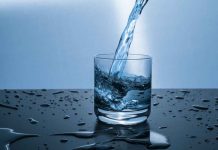
THUNDER BAY – “First Nations are leading the charge to protect the Great Lakes Ecosystem. We created a Declaration to guide the restoration of the waters in our ancestral lands based on our traditional knowledge, inherent rights, sacred responsibilities, and the wisdom of our Elders,” said Ontario Regional Chief Day. “We will continue to bring the Water Declaration forward to make sure that Indigenous values guide Great Lakes initiatives.”
Ontario Regional Chief Isadore Day is calling on Canada and Ontario to work with First Nation leaders to implement the Water Declaration of the Anishinaabek, Mushkegowuk, and Onkwehone to protect the Great Lakes. Ontario and Canada concluded meetings today with representatives from the United States on activities to protect the Great Lakes region.
“The Declaration should guide bi-national tables to ensure Great Lakes activities respect First Nations’ rights and sovereignty,” said Ontario Regional Chief Day. “I am encouraged that Chiefs of Ontario is working with the Ontario Ministry of Environment and Climate Change to advance the Declaration. I look forward to advancing dialogue with Ontario and Canada to improve their coordination with First Nations on Great Lakes efforts, and a commitment to clearly define our mutual efforts to recognizing shared jurisdiction as it relates to the Water Declaration.”
The Declaration was written in 2008 during a First Nations summit on water in Garden River First Nation. It captures key First Nations perspectives and priorities related to water quality, water quantity, drinking water, and environmental integrity. The Declaration provides a framework to support First Nations environmental aspirations through collaboration, Indigenous leadership, and First Nations ceremonies.
The Declaration also highlights the integral role of women and youth in protecting the water. Regional Chief Day has consistently called on Ontario and Canada to support women as protectors of the water.
The Regional Chief’s call to implement the Water Declaration comes following the conclusion of semi-annual meetings of the Great Lakes Executive Committee, a body that coordinates activities between the United States and Canada under theGreat Lakes Water Quality Agreement. The Great Lakes Executive Committee includes representatives from First Nations and Tribal Governments in the United States.




